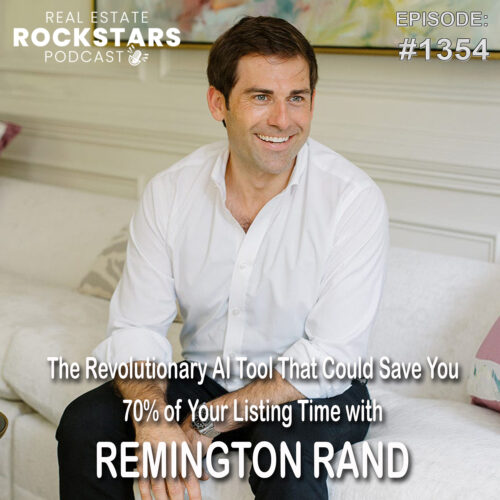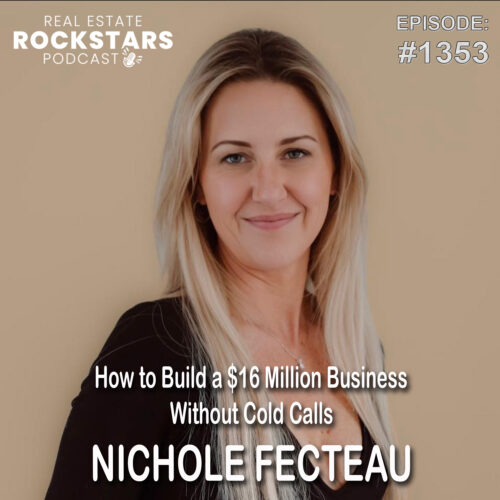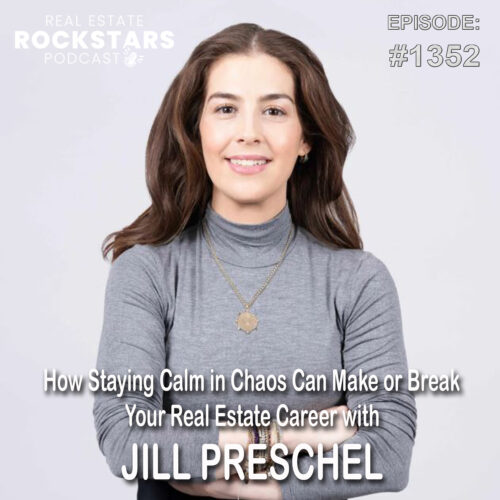After graduating with High Honors from Penn State University, Noah Ostroff moved to Palm Beach Gardens, Florida where he immediately began working as a project manager for Toll Brothers and subsequently Centex Homes. In 2008, Noah joined Coldwell Banker Preferred and rapidly became one of the company’s top performing agents. Noah then formed an exceptional team to help better serve the Philadelphia Real Estate market. Since its formation, the PhillyLiving Team has both set and broken records time and time again, and have earned some of the highest awards offered. In 2014, Noah and the PhillyLiving Team moved their operation of 15 people to Keller Williams Center City Realty. Also in 2014, JerseyLiving was formed. Their operations doubled by 2015. PhillyLiving and JerseyLiving expanded into the main line and began expansion teams. PhillyLiving and JerseyLiving formed an Inside Sales department and grew sales operations in the region, and once again finished #1 in the region and #7 in the entire country. In 2016, PhillyLiving and JerseyLiving merged under their parent company, Global Living Companies, Inc. and hired their first Regional Directors for Pennsylvania and New Jersey as they rapidly expand into other markets. Global Living Companies, Inc. and Noah Ostroff are thrilled to be a part of the Keller Williams family and look forward to expanding into new markets around the country in the next few years.
Join us as Noah shares his mindset and a glance at his journey to becoming a Real Estate Rockstar by offering his expertise and making every real estate transaction as stress free as possible.
Quotes to Live By
- “You have to eat, live and breathe real estate.” – Noah Ostroff Click To Tweet
Noah’s Tools
- Infusionsoft: We help small businesses thrive with sales and marketing software built for them.
- Basecamp: Manage projects, groups, and client work.
- Docusign: Send, sign and approve documents from wherever life takes you.
Noah’s Sites
In this Episode, We Also Talk About
- How to create a culture among team members so they don’t get addicted to leads.
- How to generate commissions.
- How to help your agents become more successful.
- What you can learn from mistakes.
- How to break through your goals.
- Plus so much more!
Thank & Connect with Noah
If you enjoyed this interview and would like to connect with Noah and thank him for his rock solid advice, you can do so easily by following the link below.
Click here to connect and thank Noah
Thanks for Rocking Out
Thank you for tuning in to Pat Hiban Interviews Real Estate Rockstars, we appreciate you! To get more Rockstar content sent directly to your device as it becomes available, subscribe on iTunes or Stitcher! Reviews on iTunes are extremely helpful and appreciated! We read each and every one of them, please feel free to leave your email so that we can personally reach out and say thanks! Have any questions? Tweet me, Facebook me and ask Pat anything. Don’t forget to head on over to Bare Naked Agent for Pat’s answers, and advice. Thank you Rockstar Nation, and keep rockin!
Sponsors
- MyOutDesk: MyOutDesk becomes familiar with your real estate systems and personality profiles before recommending Real Estate Virtual Assistants for you to interview. Use Virtual Assistants to grow your Real Estate Business. Hire a real estate virtual assistant today.





